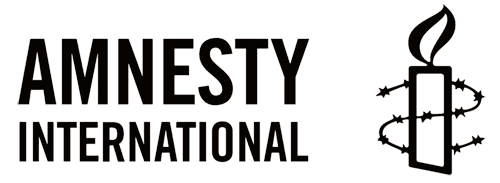Kreikan poliisi estää mielivaltaisesti pakolaisten pääsyn suojaan. Paleltuminen uhkaa. Vaadi pääsyä leirille. Vastaa VETOAN LEIRI NIMESI numeroon 16499. Viesti maksaa 90snt.
As intermittent border closure and restrictions are slowing down the flow of people, thousands of refugees, asylum-seekers and migrants aiming to cross the northern Greek border with “the former Yugoslav Republic of Macedonia” are having to sleep out in the open at a gas station in the town of Polykastro (Greek region of Macedonia), where temperatures are dropping well below zero. The Greek police is arbitrarily restricting their access to a transit camp 20 km away, in the town of Idomeni, which is run by national and international organisations, and where there are facilities that are appropriate for cold weather.
The Idomeni transit camp, which can accommodate up to 1,200 people is currently only hosting a third of its capacity. It was established by Médecins Sans Frontières (MSF) and the UN High Commissioner for Refugees (UNHCR) in September 2015 to respond to the immediate needs of people arriving at the border. Since mid-December 2015, refugees, asylum seekers and migrants travelling by bus to Idomeni are diverted by police to the petrol station in Polykastro, where conditions are very poor and they have to sleep outside.
In only 24 hours more than 4,000 people arrived at the petrol station and more are expected in the following days. Given the current weather conditions, the well-being of many refugees, asylum seekers and migrants – including infants – could deteriorate. They must be provided with immediate access to the transit camp, which has the capacity to provide shelter, food and round-the-clock medical assistance.
Refugees, asylum-seekers and migrants arrive at the northern Greek border after long and unsafe journeys with the aim of crossing the border to ‘‘the former Yugoslav Republic of Macedonia’’. Current intermittent border closure is slowing down the flow, and thus having an impact on the number of people that might stay in the area and that will be in need of assistance.
Since November 2015 only nationals from Syria, Afghanistan and Iraq have been allowed entry into ‘‘the former Yugoslav Republic of Macedonia’’. Following the discriminatory entry restrictions by authorities in ‘‘the former Yugoslav Republic of Macedonia’’ (Macedonian authorities), several of the refugees and migrants who were not allowed to cross the border staged protests and blocked the railway lines. On 9 December the Greek police evacuated the Idomeni transit camp. People not allowed to cross the border were transferred to Athens by bus and offered temporary shelter at a sports stadium. Between 15 December 2015 and 19 January 2016, the police did not allow access to the transit camp to refugees, asylum-seekers and migrants arriving at the border from Athens.
In a new restriction introduced by the Macedonian authorities on 21 January, people from the nationalities eligible for entry have to declare in what country they want to apply for asylum; only those whose destination is Germany or Austria will be allowed to cross the border. According to NGOs on the ground in Idomeni only people in these categories have been allowed into the transit camp.
In the absence of services by the Greek authoritiers, humanitarian assistance to refugees, asylum seekers and migrants while in transit in Idomeni has been covered entirely by national and international NGOs.

